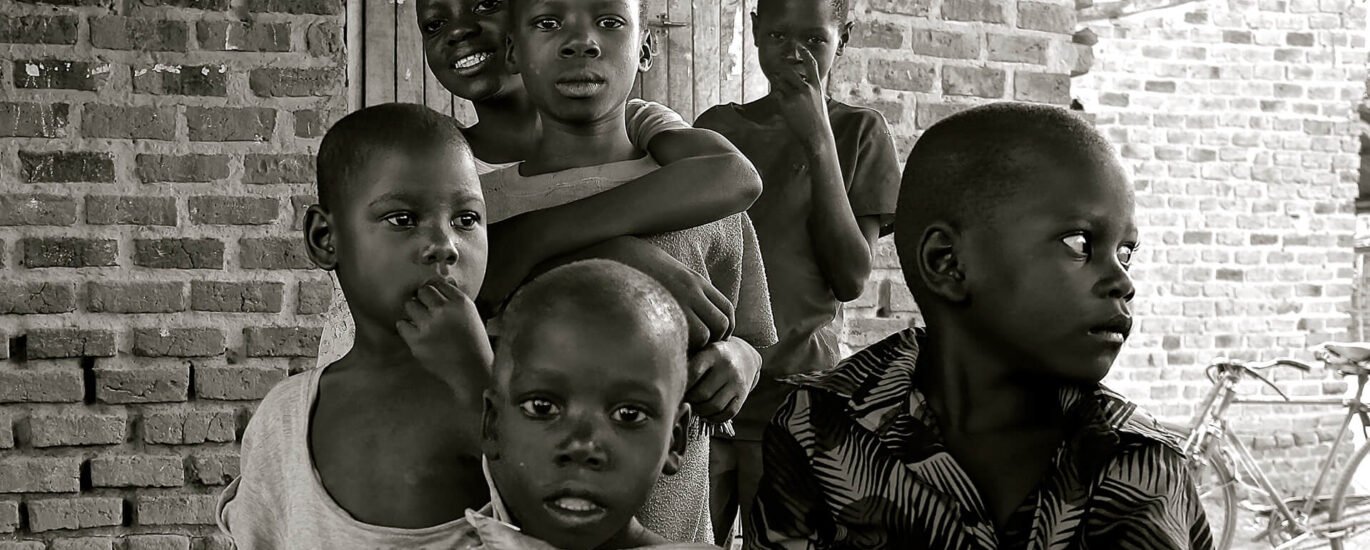Introduction
Poverty is a formidable challenge that persists in various corners of the world, depriving individuals and communities of basic necessities and opportunities for a better life. However, amid this stark reality, there is a powerful tool at our disposal: the act of donating. Donating, whether in the form of financial contributions, time, or resources, is a tangible way for individuals and organizations to make a significant impact in the fight against poverty. In this article, we explore how donating can help reduce poverty and create lasting change.
Understanding Poverty
Poverty is more than just a lack of financial resources; it encompasses a complex web of social, economic, and systemic factors that perpetuate inequality and hardship. It affects access to education, healthcare, nutrition, and economic opportunities, trapping individuals and communities in cycles of disadvantage.
The Power of Donations
Donating is a transformative act with the potential to break the chains of poverty. Here are several ways through which donations can help reduce poverty:
1. Providing Basic Necessities: Donations can supply food, clean water, shelter, and clothing to those in need, addressing immediate survival needs.
2. Supporting Education: Education is a powerful tool for escaping poverty. Donations can fund scholarships, build schools, and provide educational materials, opening doors to a brighter future.
3. Access to Healthcare: Donations can support healthcare initiatives, providing medical services, vaccinations, and access to essential medicines, ultimately improving overall health and well-being.
4. Microfinance and Economic Empowerment: Donations can be used to establish microfinance programs, small loans, and vocational training to empower individuals to create sustainable livelihoods.
5. Disaster Relief: Natural disasters and conflicts often exacerbate poverty. Donations can fund disaster relief efforts, providing immediate aid and helping communities rebuild.
6. Advocacy and Systemic Change: Donations to advocacy organizations can address the root causes of poverty by advocating for policy changes, social justice, and equity.
The Ripple Effect
Donations have a ripple effect that extends beyond the immediate beneficiaries. When individuals are lifted out of poverty, they can contribute to their communities and societies positively. Educated individuals can become skilled workers, entrepreneurs, or community leaders. Families with improved access to healthcare can lead healthier and more productive lives. The impact of donations multiplies as it spreads through communities and across generations.
Transparency and Accountability
Effective poverty reduction requires transparent and accountable organizations. Donors should research and support reputable nonprofits and NGOs that demonstrate responsible stewardship of resources and a commitment to their mission.
The Joy of Giving
Donating is not only a means to an end but also a source of personal fulfillment. The act of giving, whether small or large, provides a sense of purpose and satisfaction, knowing that one is contributing to a more just and equitable world.
Conclusion
Poverty is a formidable adversary, but it is not insurmountable. Donating to reduce poverty is a tangible and impactful way for individuals and organizations to create lasting change. Whether through monetary contributions, volunteer work, or resource donations, each act of giving has the potential to improve lives, uplift communities, and move us closer to a world where poverty is a thing of the past. As we reflect on the power of our collective generosity, let us remember that the fight against poverty is not a choice; it is a moral imperative that calls upon us to make a difference, one donation at a time.




